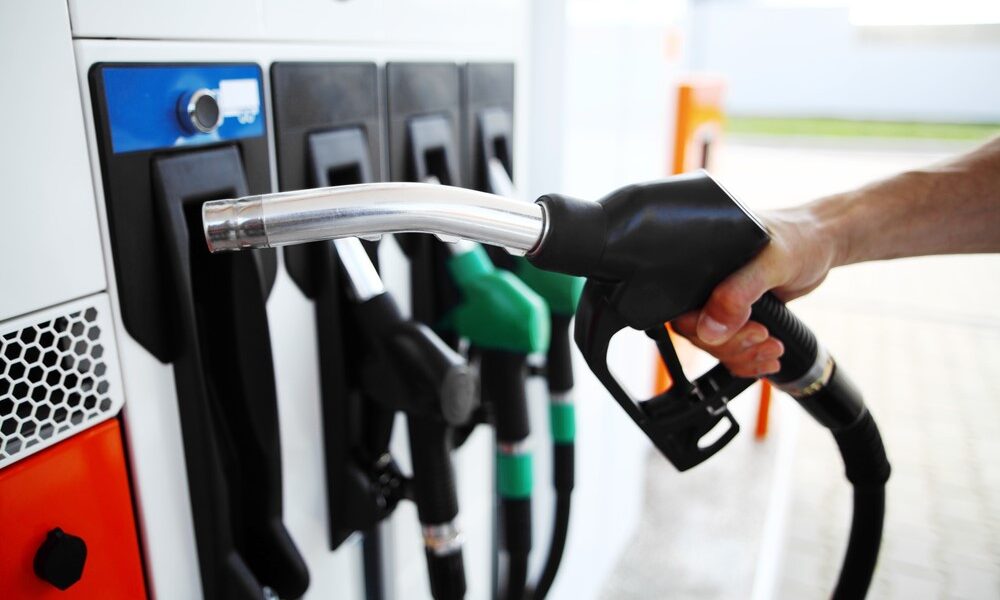By Bida Elly David
South Sudan’s economic situation is deteriorating as fuel prices soar due to a continuous appreciation of US dollar against South Sudanese Pounds.
For two months, South Sudan has grappled with rising commodity prices due to a fluctuating foreign exchange market.
As of yesterday, a liter of fuel costs 3,000 South Sudanese pounds (SSP) in Juba, up from 2,300 SSP last week.
This rise is attributed to an ailing economy due to a ruptured pipeline in Sudan caused by the ongoing war there, hindering South Sudan’s oil exports.
The dollar exchange rate has also jumped, with forex bureaus selling $1 for 2,300 SSP and buying for 2,400 SSP. While the Central Bank’s official rate is significantly lower (1,604 SSP to sell, 1,556.5 SSP to buy).
Rising costs are forcing citizens to adjust, finding alternative ways to meet basic needs.
Some experts believe a fully implemented peace agreement would improve security for agricultural production.
Political Analyst’s View.
James Boboya, a policy analyst with the national think tanks, the Institute for Social Policy and Research (ISPR), argues that South Sudan’s economy is politically driven, with policies lacking impact.
“Citizens do not need anything from the government but only good road security to farm for themselves,” he echoed.
Boboya advocated for renewed talks with hold-out groups to improve security and allow farming. He also urges holding accountable those with access to oil revenue.
However, Finance Minister Awow Daniel Chaung still blatantly assured citizens that the government is working to reduce fuel prices and is importing critical commodities.
“We concluded a meeting with the NRA, we are working on importing the critical commodities like fuel, food and medicine for it to reach the people of South Sudan without any problem,” he promised.
Additionally, he said they are seeking assistance from “people of goodwill.”
“We have some projects done to save the country and to do them, we need to get funding that is why we have to knock on doors,” Minister Awow stated.
Earlier this month, Sudan’s energy minister, Dr. Mohieldin Nam Mohamed acknowledged the conflict’s impact on oil flow and communication difficulties.




